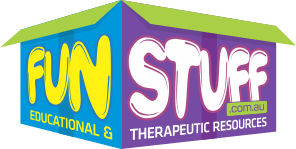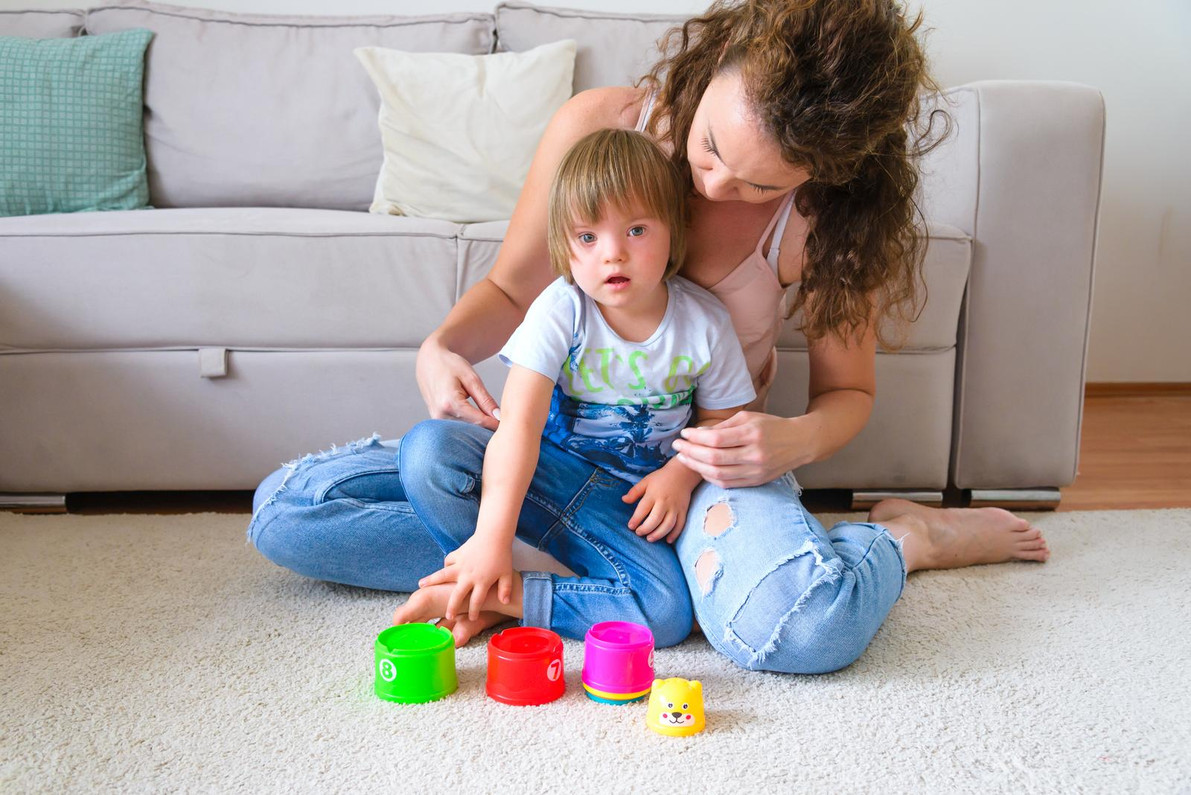Empowering Special Needs Children: A Comprehensive Guide to Helping with Learning & Skills Development
When it comes to supporting and guiding special needs children in their educational journey, a nurturing environment that prioritises their unique needs can truly make a significant difference. The process, though challenging at times, can be immensely rewarding and impactful, ensuring these young learners blossom in their own special way.
One such key to unlocking their potential is the use of specially designed toys, games, and accessories for learning and skills development.
This comprehensive guide will delve into ways to assist special needs children in their learning and development, focusing on inclusive strategies, the importance of tailored tools, and nurturing an environment conducive to their growth.
Understanding Each Child's Unique Needs
Every child with special needs – whether they have ADHD, Apraxia or another form of learning disorder – has a unique learning style. The first step towards creating an effective learning environment is understanding these unique needs. Engage with the child, their parents, caregivers, and professionals to gather information about the child’s strengths, areas for improvement, interests, and learning preferences - this understanding will guide the subsequent steps and strategies.
Incorporate Specially Designed Toys, Games & Accessories
Specially designed toys, games and other resources are instrumental in facilitating the learning process for special needs children. They are designed to address specific learning challenges, stimulate cognitive development, and foster various skill sets.
These toys and games can range from sensory toys that stimulate different senses to board games that enhance strategic thinking and social skills. Assistive technology, like reading pens, can also be incredibly useful in enhancing accessibility and autonomy. Remember, the ultimate goal is to make learning fun, engaging, and impactful.
Establish a Structured Routine
Consistency and predictability can be particularly comforting for children with special needs. Establishing a structured routine, with designated time for learning, play, and rest, can help them understand what to expect, thereby reducing anxiety and promoting focus. Be sure to include time with their specially designed learning tools in this routine.
Use Multi-Sensory Approaches
Children with special needs often respond well to multi-sensory learning strategies. This means teaching information through multiple senses, including sight, touch, hearing, and sometimes even taste and smell.
Foster Social Interaction
Encouraging social interaction plays a critical role in a child's development, from enhancing communication skills to promoting empathy and cooperation. Group activities, games, and play can provide opportunities for meaningful interactions. It can be particularly effective to have a mix of children with and without special needs interacting together.
Promote Independence
While it's essential to offer assistance when needed, promoting independence can help build confidence and self-esteem. This can be as simple as encouraging a child to clean up their toys after playtime, or more complex tasks like completing a puzzle independently.
Celebrate Achievements
Recognise and celebrate every achievement, no matter how small it may seem - this can encourage a positive attitude towards learning and boost their confidence. Acknowledgment can take the form of verbal praise, a high-five, or a sticker on a reward chart.
Every child has the potential to learn and grow, and children with special needs are no exception
With patience, understanding, and the right tools, we can create an environment that fosters their development and ensures they remain engaged in their learning journey. Specially designed toys, games, and accessories are an invaluable resource in this regard.
By embracing these strategies, we can help special needs children to thrive, bringing joy to their learning experiences, and nurturing their unique abilities. For more information about Fun Stuff’s wide range of specially designed toys, games and resources, please don’t hesitate to contact us.
Recent Posts
-
How To Create A Sensory-Friendly Play Space At Home
Designing a supportive environment for children with sensory processing needs doesn’t require …22nd Apr 2025 -
How to Improve a Child’s Impulse Control – Practical Strategies and Engaging Resources
Impulse control is a crucial skill for children, influencing their ability to regulate emotions, mak …24th Mar 2025 -
Unlocking Movement: Understanding Gross Motor Skills in Child Development
From a toddler’s first steps to a child’s ability to run, jump, and climb, gross motor s …28th Feb 2025




